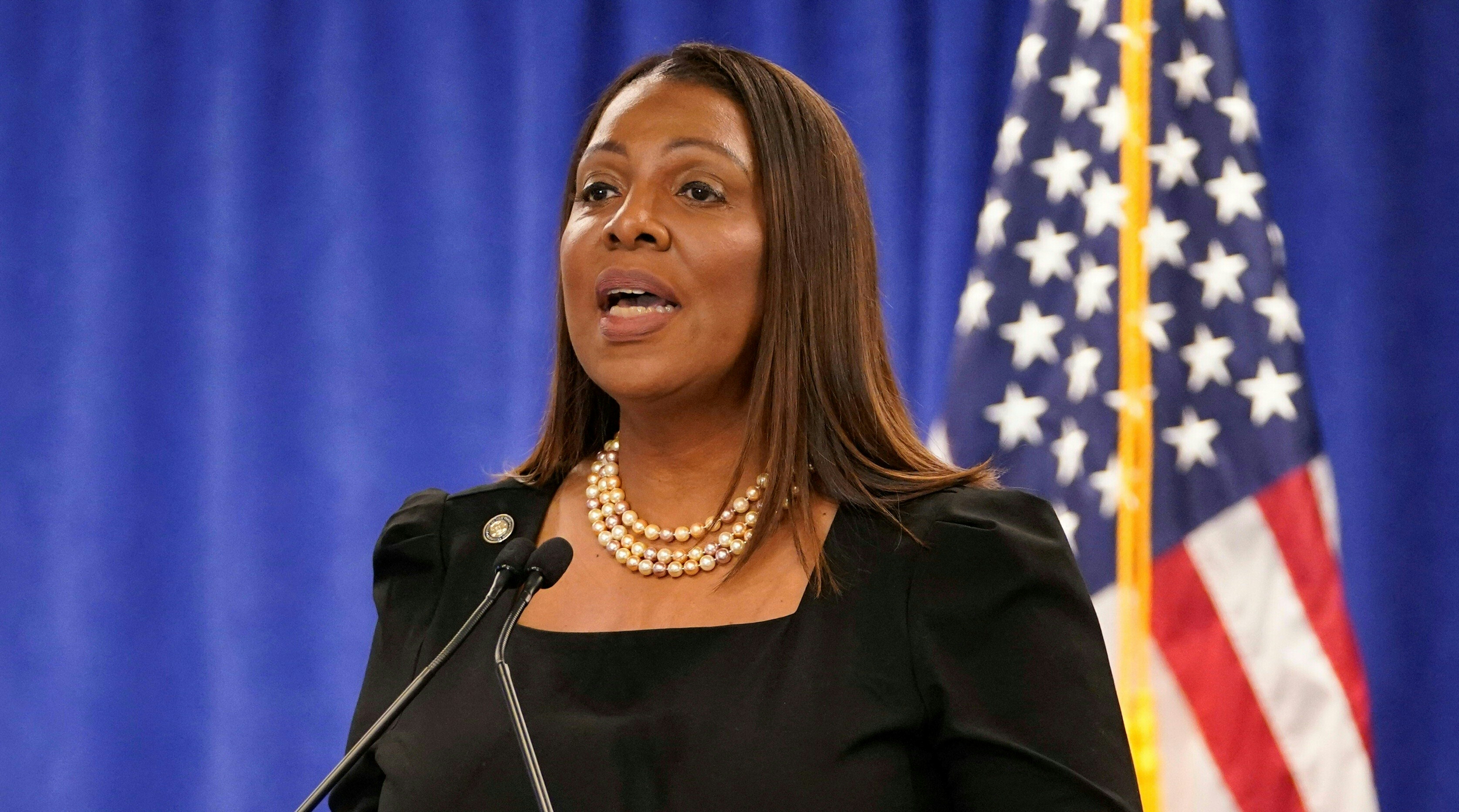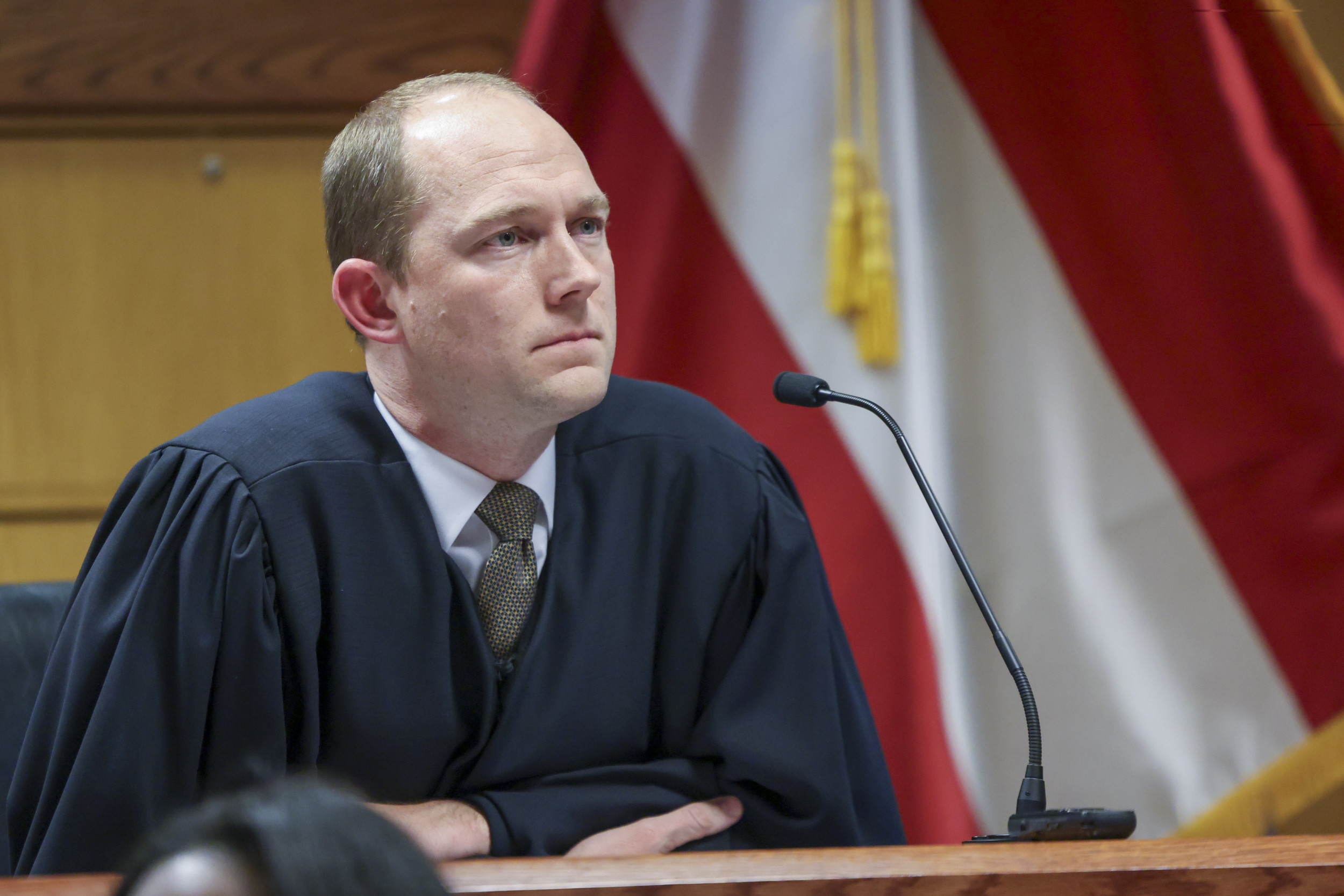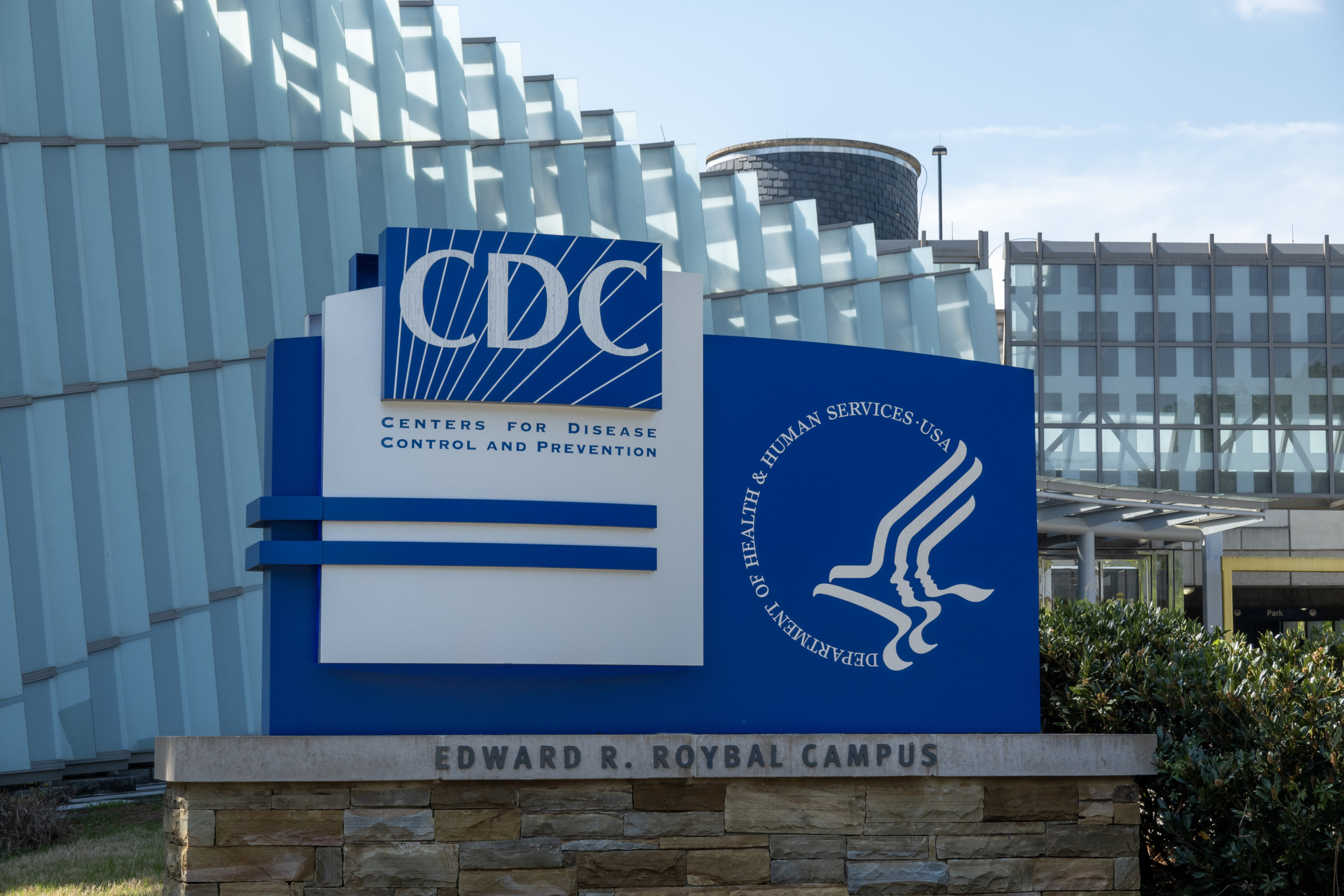The House Select Committee investigating the January 6 attack on the U.S. Capitol will hold its possible final hearing on Thursday as it presents more evidence regarding Donald Trump's attempts to overturn the 2020 election.
The hearing was originally scheduled for September 29 but postponed as Hurricane Ian was expected to make landfall in Florida the previous day.
Following the ninth hearing on Thursday, the panel will then draw up its final report, with the aim for it to be published by the end of the year.
One of the key details from the committee's report is whether or not they formally recommend the Department of Justice (DOJ) and Attorney General Merrick Garland indict the former president for his role attempting to overturn the 2020 election, and then allegedly inciting and failing to stop the insurrection.
Below, Newsweek has detailed the main talking points and key moments from the eight previous January 6 hearings, as well as what can be expected on Thursday.

First hearing, June 9
The first hearing laid out the main allegations against Trump and how the January 6 attack was the "culmination of an attempted coup" by the former president and his inner circle after previous attempts at stopping Joe Biden from becoming president failed.
The committee heard that Trump had ignored members of his inner circle, including his own daughter, Ivanka, who had frequently told him he had lost the 2020 election.
Panel vice chair Liz Cheney of Wyoming also said Pennsylvania Representative Scott Perry and "multiple other Republican congressmen" sought presidential pardons from Trump before he left office in January 2021, with the other names revealed in a later hearing.
Second hearing, June 13
The second hearing went into further detail about how Trump refused to listen to those saying the former president had lost the 2020 election, and that there was no widespread voter fraud.
The panel played testimony from Trump's former campaign manager Bill Stepien who said the former president decided not to listen to a group of advisers he called "Team Normal."
Instead, Trump chose to side with "Team Crazy" on election night in November 2020, which consisted of an "apparently inebriated" Rudy Giuliani and QAnon-supporting lawyer Sidney Powell.
Third hearing, June 16
The third presentation examined how Trump tried to put pressure on former Vice President Mike Pence to block Biden from becoming president on January 6.
Trump reportedly pressured Pence while following a plan conducted by lawyer John Eastman, who falsely claimed the vice president could reject electors from certain states or suspend the counting of votes during his ceremonial role as presiding officer of the Senate.
Fourth hearing, June 21
The next proceeding outlined how Trump and his inner circle pressured other officials to overturn the election results prior to the riot at the Capitol.
The hearing heard a phone call in which Trump asked Georgia Secretary of State Brad Raffensperger to "find" 11,780 votes to help him win the election over Biden. Wandrea ArShaye "Shaye" Moss, a former Georgia election worker who received death threats after Giuliani spread misinformation about her on the far-right One America News Network, also testified during the proceedings.
Fifth hearing, June 23
The biggest revelation from the fifth hearing was the panel naming the five other GOP lawmakers who sought a presidential pardon from Trump before he left office alongside Perry: Matt Gaetz (Florida), Andy Biggs (Arizona), Louie Gohmert (Texas), Scott Perry (Pennsylvania) and Marjorie Taylor Greene (Georgia).
Sixth hearing, June 28
In what was arguably the hearing which generated the most talked about moments, Cassidy Hutchinson, a top aide to former White House chief of staff Mark Meadows, testified a number of damning allegations against Trump and his actions on January 6.
Hutchinson said Trump was aware his supporters at the "stop the steal" protests in Washington D.C. on January 6 were armed, but still told them to march to the Capitol. Trump also allegedly said that he didn't care that his supporters were chanting "hang Mike Pence" during the riot.
She also testified she was told that Trump was so irate at not being able to join his supporters at the Capitol as the insurrection was unfolding that he tried to grab the steering wheel of the presidential limousine and then lunged at a Secret Service agent who tried to calm him down.
Seventh heating, July 12
The committee's seventh hearing focused on how far-right groups like the Proud Boys and Oath Keepers were influenced by Trump's rhetoric to storm the Capitol on January 6.
The panel also detailed how Trump's "Be there, will be wild!" tweet on December 19, 2020, promoting the election protests in D.C on January 6 had "electrified and galvanized" his extremist supporters.
Eighth heating, July 21
The eighth hearing focused on the 187 minutes between the former president's speech at the Ellipse and him telling his supporters to end the riot on January 6.
The panel played testimony which alleged that for more than three hours, Trump watched the violence unfold and made no attempt to call any government agency or law enforcement department for assistance in ending the riot.
They also played a previously unseen video showing Trump recording a message that was released the day after January 6, which included him stating he did not want to say "the election is now over," despite it being two months since Biden won.

What to expect at Thursday's hearing
It is reported that the October 13 hearing will focus on top Trump ally Roger Stone.
Previously unseen footage of Stone filmed by Danish documentary makers will be played, including how he predicted violence in the wake of the 2020 election. The panel may also attempt to make a direct link between Trump, Stone, and far-right extremist groups that went on to storm the Capitol on January 6.
Former federal prosecutor Neama Rahmani told Newsweek that despite all the evidence that has been presented, the January 6 panel has still failed to produce the "smoking gun" evidence that would make it easy for the DOJ to charge Trump with crimes such as seditious conspiracy or insurrection.
Rahmani said prosecutors may have an easier case to charge Trump if the DOJ indicts him over the mishandled classified materials seized from Mar-a-Lago investigation.
"Merrick Garland may opt to go that route, because nothing I've seen so far leads me to believe that he wants to prosecute Trump for his role in the Capitol Riot," Rahmani said.
"A January 6 case would be too politically charged and too risky for the DOJ, which normally does not like to charge a case when the odds are not overwhelmingly in its favor, least of all when the defendant would be a former president."
Uncommon Knowledge
Newsweek is committed to challenging conventional wisdom and finding connections in the search for common ground.
Newsweek is committed to challenging conventional wisdom and finding connections in the search for common ground.
About the writer
Ewan Palmer is a Newsweek News Reporter based in London, U.K. His focus is reporting on US politics, domestic policy ... Read more





